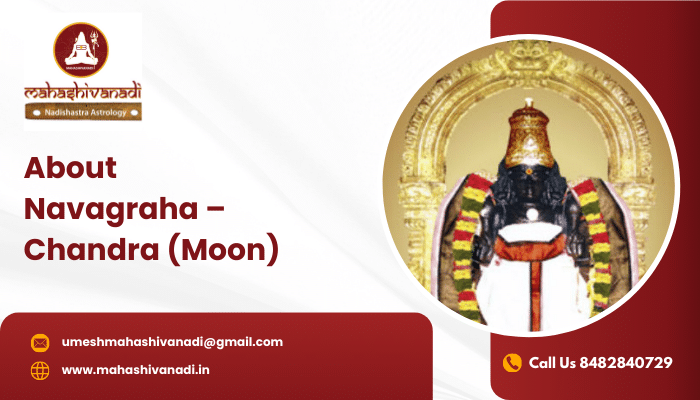In the natal chart, Cancer is ruled by Chandra, the Moon. Mother, the Divine Goddess, is represented by the Moon, which is the second of the nine Navagrahas. Parvati, the presiding deity of the Moon, represents the feminine creative force. The Moon spends approximately two and a half days in each sign, and circling it all takes 28 days.
As well as governing our thoughts, feelings, and intuition, the Moon is also responsible for our attachment to people and things, our ability to influence others, our moods, and our character. The Moon also governs fertility, childbirth, and pregnancy, as well as plants and vegetation. Lord Chandra, the Moon, also regulates fertility, childbirth, and pregnancy.
The holy Chandra Ashtottara Shatanamavali contains 100 Lord Chandra names. According to the text, the Moon is the Lord of the wise men and removes all sins. In addition, it helps in removing inherited ailments. The Moon also fulfills dreams and wishes.
In the village of Thingalur, located 33 kilometers from Kumbakonam in Tamil Nadu, stands the revered Hindu temple known as Chandiranaar Temple. This sacred site is also referred to as Kailasanathar Temple or Thingalur Temple, and it lies on the road between Kumbakonam and Thiruvaiyaru. Soma, the deity of the moon, presides over this temple, though Shiva is worshipped as the primary idol. As one of Tamil Nadu’s nine Navagraha temples, this holy place holds great significance. Notably, Appothi Adigal, a devoted follower of Saint Thirunavukkarasar, was born in Thingalur; however, no relics of the saint can be found within the temple.
There are four daily rituals and four annual festivals held at the temple between 6:00 a.m. and 8:30 p.m. The temple celebrates Mahasivarathri, Margazhi Thiruvadirai, Panguni Uthiram, and Thirukartigai each year. The village is only mentioned briefly in the Tamil Saiva canonical work Tevaram, written in the 7th century and classified as a Vaippu Sthalam. It was written by Tamil saint poets known as the Nayanars. Temple priests conduct the pooja (rituals) during festivals and on a daily basis. The Shaivaite community employs priests, as do other Shiva temples in Tamil Nadu.
